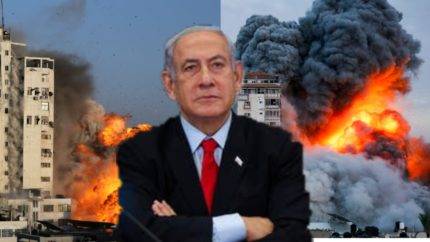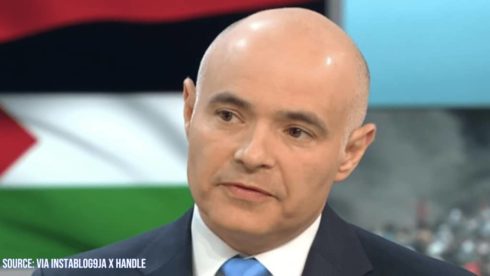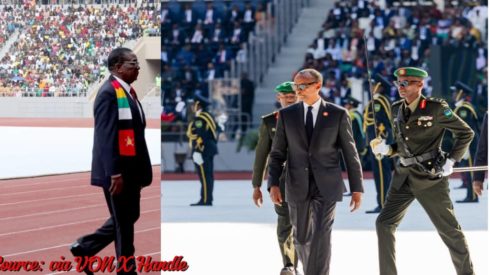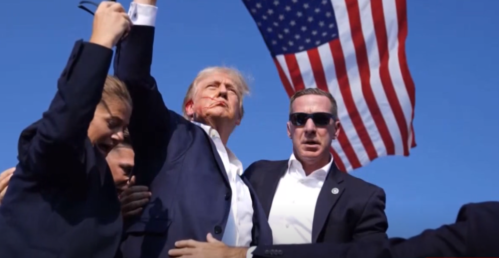Israel-Gaza Conflict– Hundreds of Israelis have converged in front of the War Cabinet Building in Tel Aviv, demanding a new hostage deal or a permanent ceasefire in the Israel-Gaza conflict. The demonstrators, driven by a shared sense of urgency and frustration, are vociferously opposing the actions of Prime Minister Benjamin Netanyahu, whom they accuse of fostering a war-driven agenda. The protest, now a 24/7 presence, signifies a growing consensus among the populace against the continuation of hostilities.
The protest’s intensity has elevated as the families of three Israeli hostages, tragically killed by their own military, join the chorus of disapproval. The victims, reportedly waving white flags as they approached Israeli military positions, were fatally shot, sparking widespread condemnation. This incident has further fueled the public’s demand for a swift resolution to the conflict, emphasizing the need for the hostages’ safety to be the government’s top priority. As the protests persist, the pressure on Netanyahu mounts, amplifying the call for negotiations with HAMAS to secure the release of the remaining hostages.
International Pressure Builds for Ceasefire in Israel-Gaza Conflict
The international community is not oblivious to the escalating crisis, with calls for an immediate ceasefire echoing across the globe. United States Defense Secretary Lloyd Austin, currently in Israel for talks with Prime Minister Netanyahu, is anticipated to reinforce the U.S. stance, urging Israel to minimize civilian casualties in Palestinian territories. The collective voice of Britain, France, and Germany has joined this plea for an urgent ceasefire, underlining the importance of ending the violence and pursuing diplomatic solutions.
Simultaneously, the White House and Senate negotiators are engaged in discussions on President Biden’s request for additional U.S. aid to both Ukraine and Israel. However, the deliberations are complicated by Republican lawmakers who seek to link the aid to stricter security measures along the U.S. Southern border, including proposed changes to asylum policies. This complex negotiation underscores the broader geopolitical implications and challenges associated with resolving the Israel-Gaza conflict and addressing the multifaceted issues surrounding the crisis.
Relentless Israeli Attacks Persist Despite International Appeals
As the Israel-Gaza conflict rages on, the situation has taken a grim turn for the worse, with civilian casualties soaring and international pressure for a ceasefire intensifying. Despite mounting pleas for a halt to hostilities, Israel continued its deadly assaults on the besieged Gaza Strip, resulting in the tragic deaths of at least 90 people, including women and children, in the Jabalia refugee camp in northern Gaza. The onslaught has left over 100 others injured, marking a devastating toll on innocent lives caught in the crossfire.
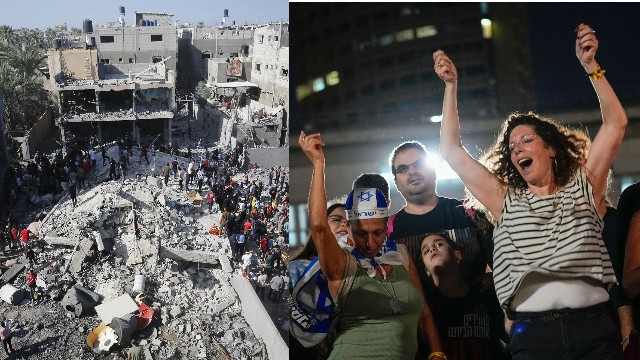
The escalating crisis has prompted desperate appeals from relatives of those held captive in the enclave by Hamas, adding a heartbreaking layer to the already dire circumstances. As the international community increasingly calls for an immediate ceasefire, Israel’s military actions are under scrutiny, with concerns growing about the disproportionate impact on Palestinian civilians. The toll on the Jabalia refugee camp serves as a poignant reminder of the urgent need for diplomatic solutions to quell the violence and protect the lives of innocent civilians.
Alarming Civilian Death Toll Raises Questions About Israel’s Military Strategy
The staggering figure of 19,000 Palestinians, predominantly women and children, killed in Israeli bombardments and ground offensives since October 7, as reported by the Health Ministry, casts a grim shadow over Israel’s military campaign. What began as an offensive against Hamas is now raising questions about the proportionality and care exercised in avoiding civilian casualties. The narrative of Israel as the ‘good guys’ in this conflict is eroding as global attention turns to the substantial civilian toll.
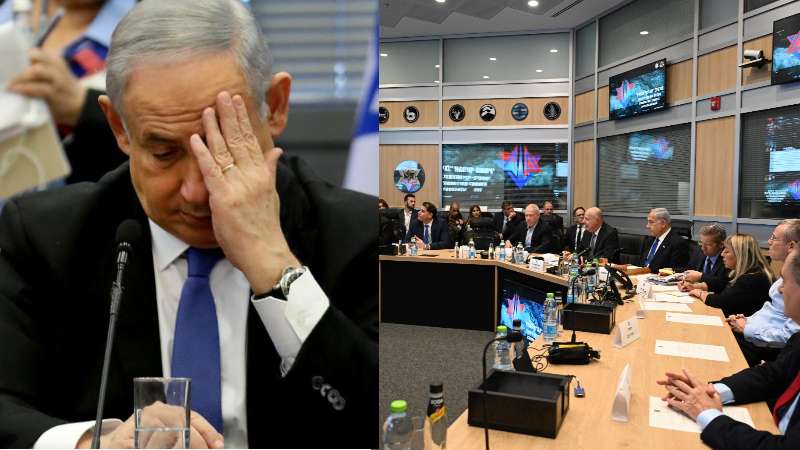
Critics argue that Israel’s military actions, once seen as a response to security threats, are now risking international condemnation due to their apparent disregard for the well-being of civilians. The tragic events unfolding in Gaza underscore the urgency of reassessing military strategies to minimize harm to innocent lives and to pave the way for diplomatic negotiations. As the global community grapples with the aftermath of these devastating attacks, the spotlight remains on finding a path towards a sustainable and just resolution to the Israel-Gaza conflict.
Israel-Gaza Conflict:Balancing Domestic and International Concerns
As Israel grapples with internal dissent and external pressures, the path forward remains uncertain. The urgency of addressing the hostage crisis and the demand for a ceasefire converges with the intricate dance of international diplomacy and domestic politics. Prime Minister Netanyahu finds himself at the epicenter of these converging forces, navigating the delicate balance between responding to the outcry of his people, heeding international calls for peace, and managing the intricate negotiations for additional aid on the global stage. The world watches with bated breath as the situation unfolds, hopeful for a resolution that brings an end to the suffering on both sides of the conflict.
Table of Contents
Discover more from OGM News NG
Subscribe to get the latest posts sent to your email.











